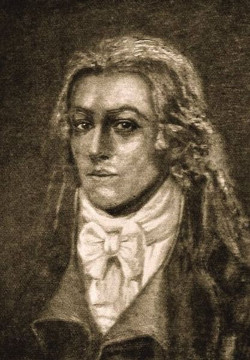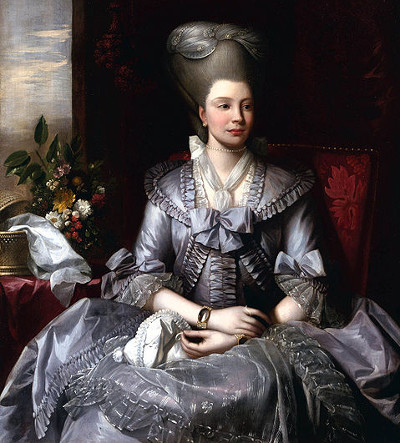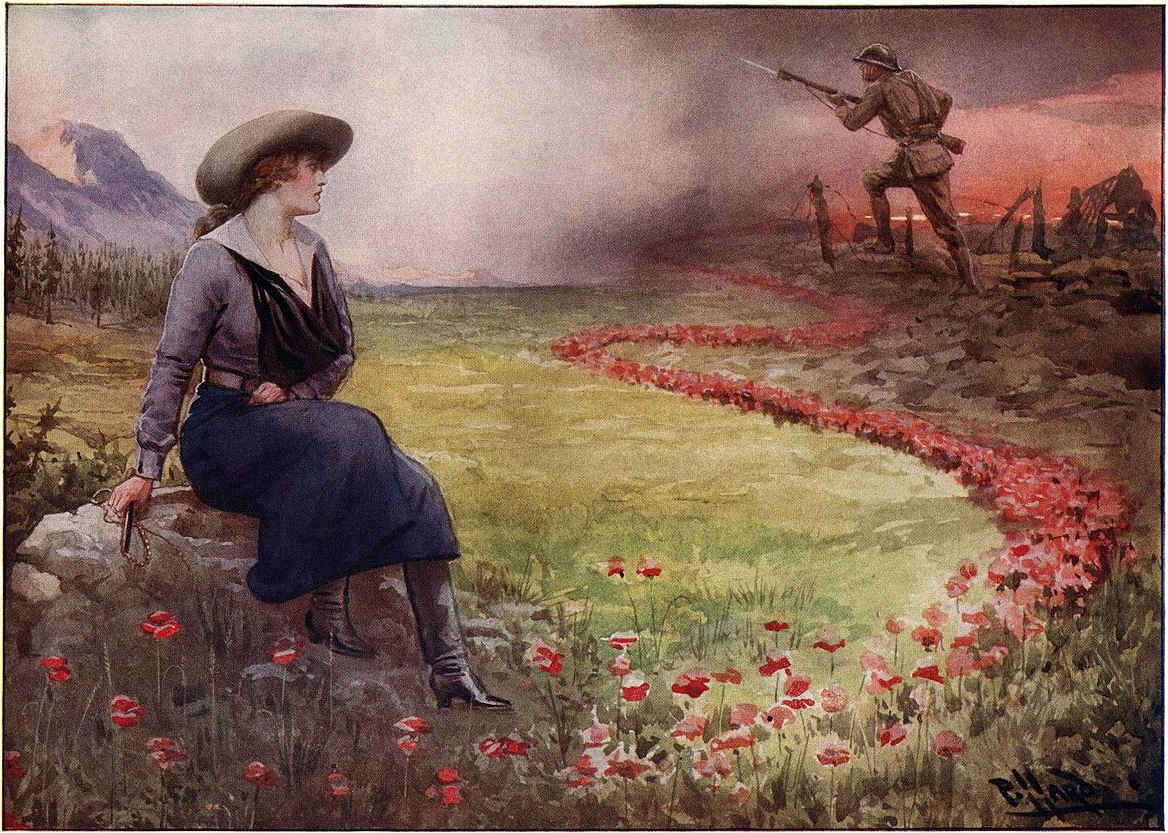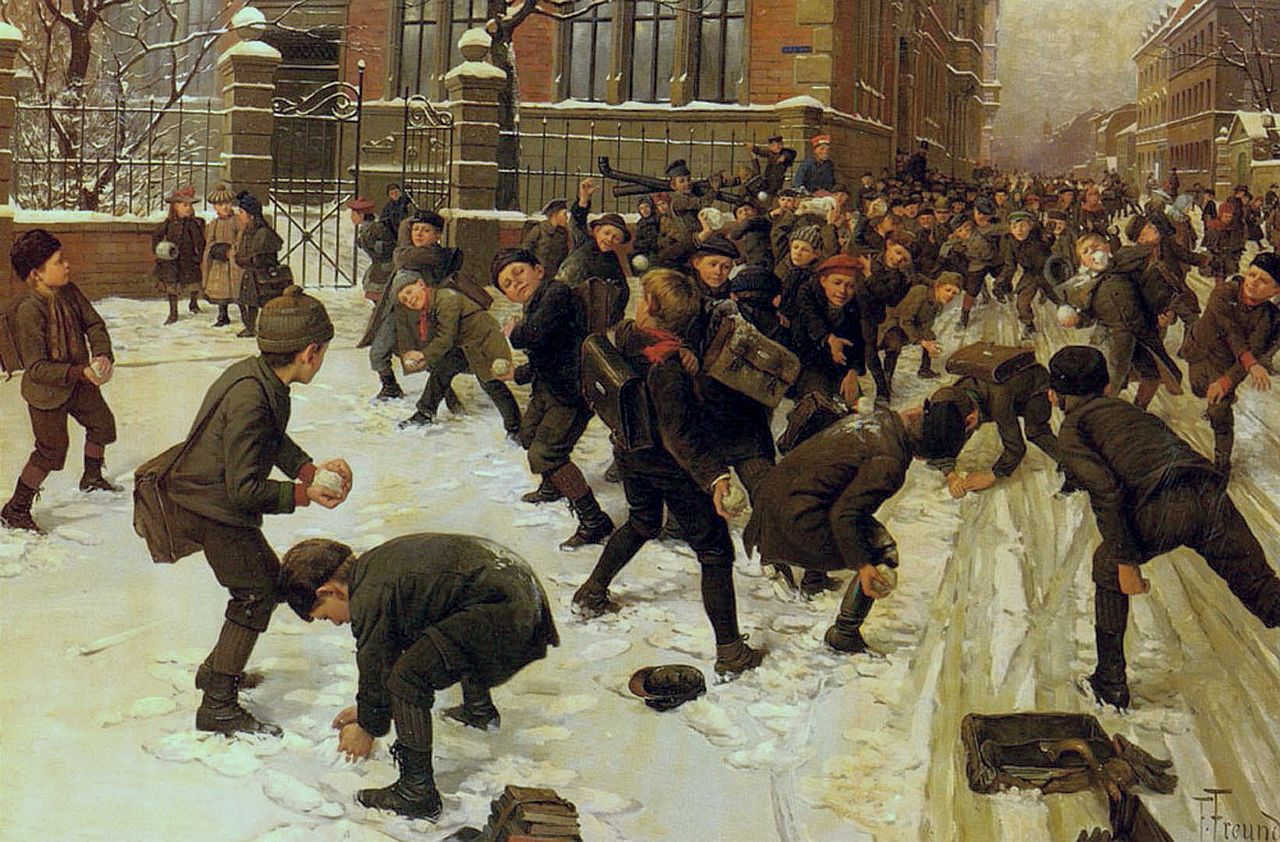Speakers of the Kuuk Thaayorre language, spoken by the Thaayorre people in Queensland’s Pormpuraaw settlement, use absolute cardinal directions (north, south, east, west) rather than relative spatial terms (left, right), even at small scales. So, for example, they would say, “The cup is southeast of the plate” or “The boy standing to the south of Mary is my brother.”
In 2010, University of California psychologists Lera Boroditsky and Alice Gaby gave Kuuk Thaayorre speakers sets of cards depicting temporal progressions — a man aging, a crocodile growing, a banana being eaten — and asked them to arrange the shuffled cards on the ground to indicate the correct temporal order.
English speakers arrange the cards from left to right, Hebrew speakers from right to left. But the Kuuk Thaayorre arranged them from east to west, regardless of the direction the subjects themselves were facing.
Among other things, this means that the Kuuk Thaayorre must be constantly aware of their orientation in the world. “We never told anyone which direction they were facing,” Boroditsky wrote later. “The Kuuk Thaayorre knew that already and spontaneously used this spatial orientation to construct their representations of time.”
(Lera Boroditsky, “How Language Shapes Thought,” Scientific American 304:2 [February 2011], 62-65.)





